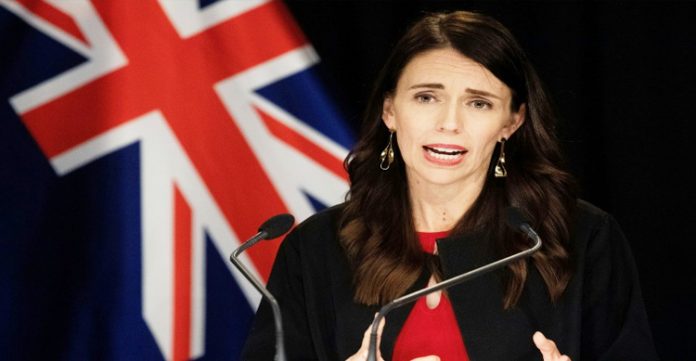In order to reduce the burden on the descendants of the country, New Zealand has declared a “climate emergency” and aims to achieve carbon neutrality in its public sector by 2025.
The pledge was taken after Prime Minister Jacinda Ardern told legislators in the assembly that the declaration of climate emergency was “an acknowledgement of the next generation – an acknowledgement of the burden that they will carry if we do not get this right and do not take action now”.
The leader, who is known for her kindness, advocated the motion that was passed by the Parliament as it received the support of 76 votes compared to the 43 against it.
The proposal called climate change as “one of the greatest challenges of our time” as the extreme and volatile weather can have a devastating result on the nation. This, with an addition of the shockingly increasing rate of species declining if not getting extinct, was a key point of the motion.
Declarations are brought out in cases where a major threat to life, property and civil defence exists, Ms. Ardern said in the Parliament, adding that any neglect towards listening to the call of climate change can lead to further emergencies coming down knocking at the door.
With this, New Zealand becomes the 33rd country to declare a climate emergency along with the UK, France, Canada, Spain, Japan, Ireland, Bangladesh, South Korea, Scotland, Argentina and others.
However, the opinions of a few did not coincide with Ardern’s as the major opposition, the National Party, voted against her motion. The party said that the declaration was nothing but “virtue signalling” as the PM was trying to ignite fear of something that “hasn’t even happened”.
As such, the National leader Judith Collins told Radio New Zealand said, “It (the motion) can do harm in making people think that by declaring an emergency something has happened, when it hasn’t,”
Ms. Ardern rose to power again for her second term in October after a historic win in the elections where she stood for her centre-left Labour Party. After victory that marked the biggest in half a century, the PM called climate changes as the “nuclear-free moment of our generation”.
During her first term in 2017, she passed a Zero Carbon Bill that necessitated zero emissions by 2050, however excluding those rising from farming and banned new offshore oil and gas exploration.
Close to half of the greenhouse gas emissions of New Zealand are produced from agriculture, majorly methane.
On Wednesday, the government promised to reach carbon neutrality in the public sector by 2025 while government agencies have been given the responsively of measuring and registering emissions and counterbalance those which they cannot manage by the specified year of 2025.
200 million New Zealand dollars (USD141) is being set for the new programme in order to support the replacement of coal boilers and purchase of electric/hybrid vehicles.
While Greenpeace appreciated the move, it urged the government to follow the declaration with solid policies and required action plans.
“When the house is on fire, there’s no point hitting the alarm without fighting the fire as well,” said Greenpeace agriculture and climate campaigner Kate Simcock, adding, “Fighting the fire in New Zealand means tackling agricultural emissions.”
Ardern’s administration has often suffered a backlash from critics as they say the government hasn’t put enough efforts in maintaining and improving New Zealand’s “clean, green” reputation from her first term of 2017.







